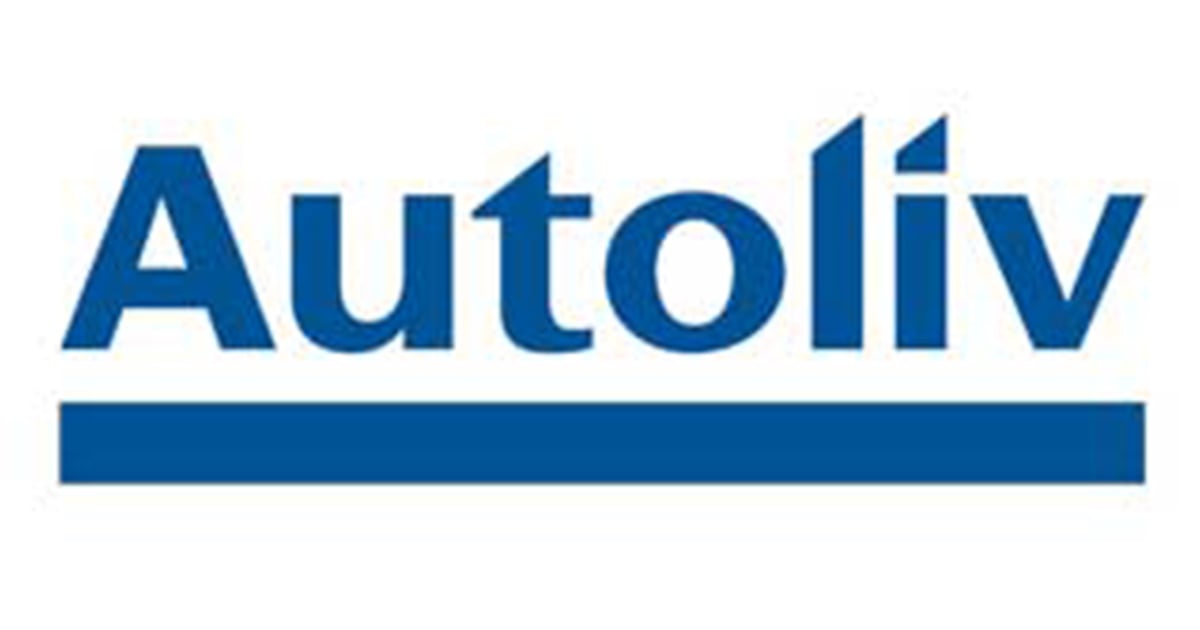
Autolivreported fourth-quarter core earnings above analyst forecasts after the supplier restored profitability by passing higher costs on to its customers, sending its shares up almost 8 percent.
Rising raw material prices have squeezed car suppliers for some time now. Autoliv CEO Mikael Bratt said the cost inflation seen by Autoliv in 2022 was the worst in three decades.
Despite this, the Swedish company has been able to meet or exceed analysts estimates in the past quarters as it has continued to negotiate price hikes with automakers, which Bratt told Automotive News Europe was “new territory” for both.
“But I think we found good resolutions,” he said.
The Swedish company delivers its equipment — which includes seatbelts, airbags and other safety solutions — across broad swathes of the auto industry.
That includes a growing number of EV startups based in Asia and the U.S. that Bratt told Automotive News Europe have turned to Autoliv because, “it is 100 percent focused on safety products.”
More price increases loom
CFO Fredrik Westin told Reuters that the price hikes had been across all its products and regions, though the U.S. and Europe were areas of particular worry.
Westin said he expected further price hikes would be needed in 2023 as well, particularly in Europe.
“In 2023, it will be more about the inflationary components that are not raw material related, so more about labor, logistics and energy,” the CFO said.
The company is already in talks with customers to be able to pass costs related to that, he added.
Despite the company’s track record of being able to handle turbulence, it has been vulnerable to volatile light vehicle production (LVP) as well as sudden lockdowns in China.
Westin said Autoliv had struggled at the end of the fourth quarter with the reopening of China hurting its sales in the fourth quarter, with the impact continuing in first quarter before it is expected to ease.
The world’s largest producer of airbags and seatbelts said its adjusted earnings before interest and taxes (EBIT) rose to $233 million from $177 million a year earlier, beating estimates by analysts who had expected $224.8 million.
For 2023, Autoliv expects a 15 percent rise for organic sales growth and to achieve an adjusted operating margin of 8.5 to 9.0 percent, up from 6.8 percent last year.
Inflation hit
Inflation has also hit Autoliv’s employees, with Westin saying the company had to support some of its workforce in specific countries within Eastern and Western Europe as well as in North America.
The CFO said he expects this to continue and that he expected the first quarter to yield a lower profitability compared to the other quarters as ongoing bargaining agreements, minimum wage increase and overall labor cost inflation continued to put a strain on the company.
Chip crisis lingers
When asked about the status of the chip shortage that roiled production programs throughout 2022, Bratt said the problem lingers and will continue to cause automakers to make last-second changes to their orders.
He said the problem is hitting customers differently, but those most at risk are the automakers using older, more standardized chips.
“The capacity that is being added by the semiconductor manufacturers is for the latest technology,” Bratt said.
Autolive ranks No. 30 on the Automotive News list of the top 100 global suppliers with worldwide sales to automakers of $8.2 billion in 2021.
Douglas A. Bolduc contributed to this report